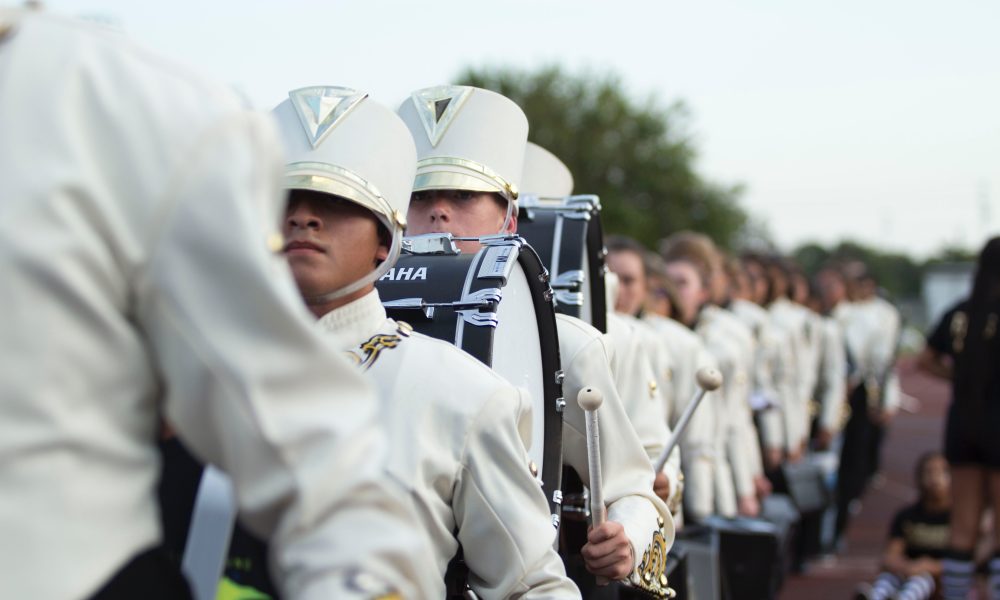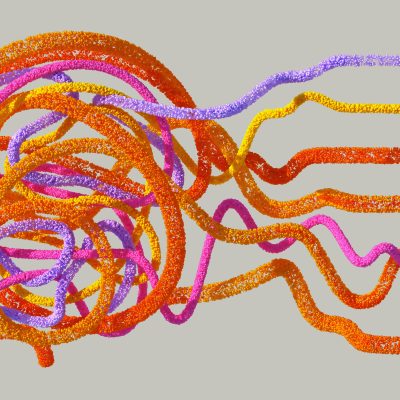Performing Arts: the unrecognized advantages
It would be safe to presume that most of us have been exposed to the benefits of youth in performing arts — whether by will or by chance. It’s at the forefront of concerns of guardians, teachers, and the like, when contemplating how to best enrich the lives and minds that they dedicate themselves to. As such, the pressure to succeed and indulge in a constructive environment is encouraged for our youth — so as to broaden their horizons and ultimately utilize a skill they can expand, brag about, and benefit from. It can certainly appear forced, this adamancy for the arts, when in the perspective of limiting a child’s schedule and parameters — for some, it is. But a layer deeper to this iceberg are a few outstanding benefits that are not highlighted in the discussion of performing arts. Given the commonality of promotion — be it towards band, orchestra, chorus, and even more — there is an emphasis on scientific studies and the affirmations presented by guardians. While this is not to say these are irrelevant, or even particularly overrated factors, there are several faces that simply do not see the necessary light of inclusion. Within them, there is not only the much-needed relief in the average student’s daily hustle and stress load, but also an evolution of self, and community. Taking the keynote of a high school band, to join one — programs abiding — is to involve oneself in an experience like no other. It is an advantage not utilized often or well enough — but should absolutely be, for not only what is ultimately the benefit of the student, but the benefit of those around them and for society as a whole.
One of the greatest aspects of involving oneself in the arts is the community built when within these creative groups. As a given, spending time with others, dedicated and striving towards a common goal, will inherently form bonds and unify perspectives. In the words of Dennison Blackett, one of the band directors at Boston Latin School — when asked what he considered to be the advantages of high school band — he commented that the “[band] community has the biggest benefit. In this, having a bunch of people that you play music with all the time. It’s kind of cool, like a bonding thing. You know, there’s all the science studies about making it better for brain stuff, all that, but I think it’s really about the community that you create.” And there is this idea, this focal point, that casts a fairly shunned light against the benefits of band. Amongst the competition of peers, and pressure to maintain ability as a group, which are so often highlighted in media and interpersonal depictions, nothing quite compares to the shared joy of music — the thrill of bringing it to life with one another — or the certainty of having a connection, whenever one is in the band room. There is nothing like the equally-excited-equally-nervous masses right before a performance, or inside jokes and experiences and ruminations that those outside of the arts won’t ever quite understand. And this, right here — this communal joy — is a factor, when in the mention of performing arts, that should be far more focalized. It is both a prime reason to join, when one ultimately considers, even in passing — and yet also the reason to stay.
In the discussion of performing arts and youth, the inevitability is incorporating scientific data — the more physical manifestations that this creative investment instills. And yet there is an alternative side of this — when debating whether to join, why band is such an important skill to preserve, or even another note entirely – there is a key evolution of the mind and spirit. To be more certain, it is through the cultivation of how to be a better person that the performing arts grow. Yes, it can be challenging to dedicate oneself to anything, much less an extracurricular that requires such a commitment of time, energy, and priority. And there are a number of potential “drawbacks,” in the scope of whether to involve oneself in band — and especially to continue doing so — where those aforementioned commitments come first to mind. And then there is the focal point, as surely any musician or simply creative person can understand: the struggle to keep one’s drive and spirit to dedicate themselves to their art alive. So, in this limelight of the performing arts environment, amongst that highlighted competition and pressure to succeed, a key skill is established and intricately honed: the ability to preserve passion. It is an effect that is not nearly mentioned often enough — a loss of dedication that goes deeper than not wanting to practice that sixteenth-note run, or assembling one’s instrument after a long day – but is really at the forefront of seasoned – and even less so — artists. In the words of Mr. Blackett, he delved into the moments of not quite loving music the same way as he had before, and the natural progression of this in any musician’s life — comparing it to a relationship that occasionally, simply runs its course. As the interview went on, and mentions of how to combat this lapse or loss of passion came up, Blackett went on to elaborate, “It’s a cautionary tale. You did it because you love it not because you were trying to be the best. You did it because you wanted to expand who you were and trying to find it and explore through music. Keep that as a reason to study.” It is in this way that high school performing arts hone a key evolution — the knowledge of how to bypass creative burn-out, as well as the reworkings of priorities, and questioning of whether to continue. From the insistence of pretentious chorus directors to the reminder of just what joy performing arts can bring, it is in these enclosed, yet open performing arts environments that students best learn and evolve.










